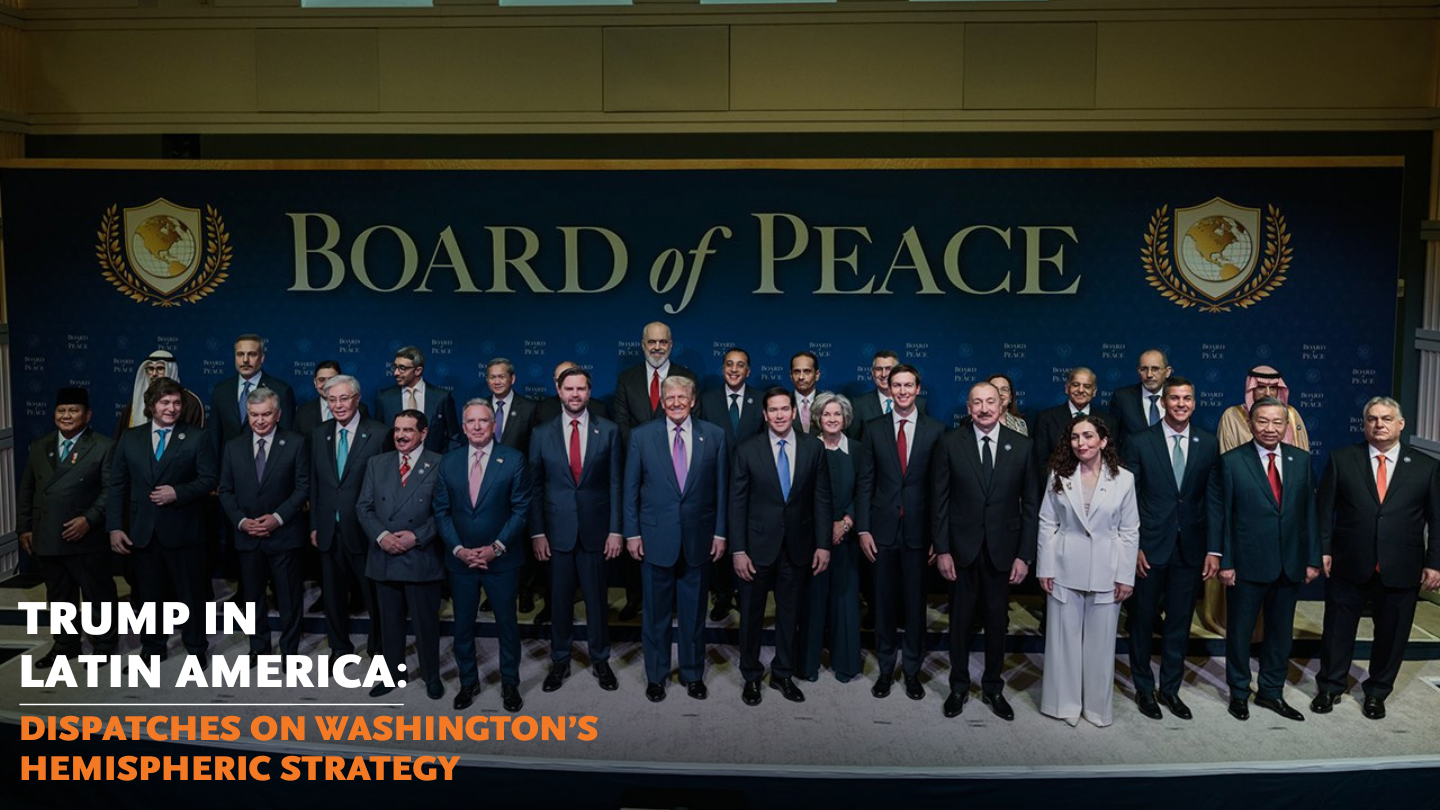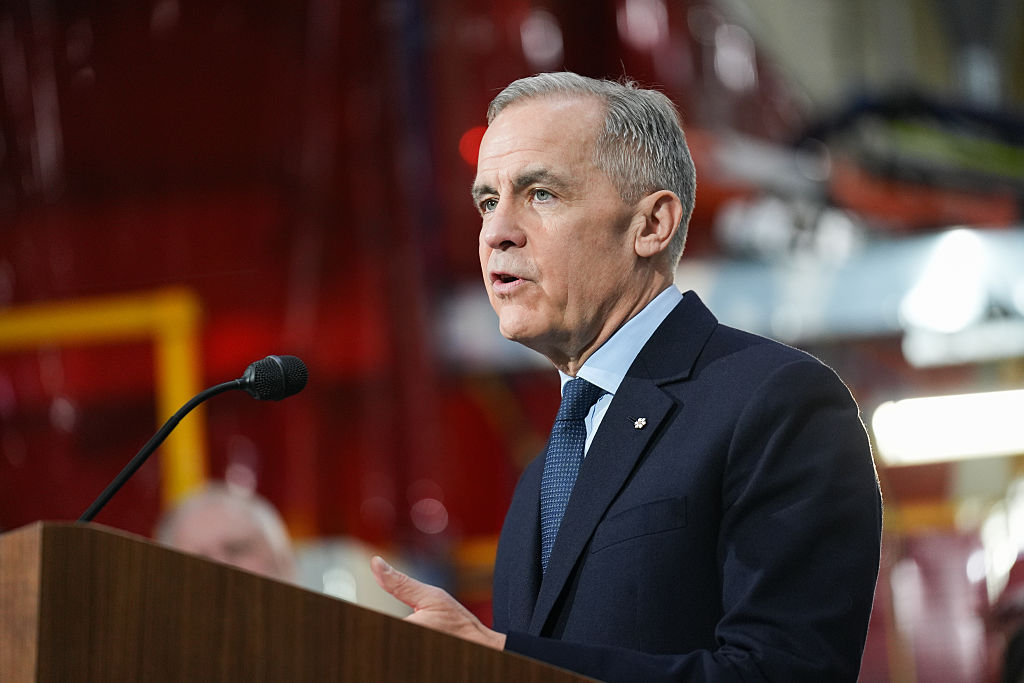Summit of Americas to Spotlight Drug Violence, Development
Summit of Americas to Spotlight Drug Violence, Development
"There was a huge anticipation, expectation that the U.S. would fundamentally change policy towards the [Latin American] region, but those expectations were unfounded and indeed many people in the region were disappointed that things did not change overnight from traditional U.S. approaches to the hemisphere," says COA's Eric Farnsworth speaking about the United States' policies towards Latin America over the past three years.
Economic integration and violence fueled by the illegal drug trade top the agenda as 33 North American, Latin American and Caribbean leaders participate this Saturday and Sunday in the sixth Summit of the Americas. U.S. President Barack Obama is to arrive Friday in Cartagena, Colombia.
Three years after Obama attended his first summit in Trinidad, where he pledged to re-focus the United States on building equal partnerships in the hemisphere, Latin America is undergoing dramatic change.
It is the fastest-growing trading region for the United States, and includes economic powerhouse Brazil, now the world's sixth largest economy. It is also a region in which China and Europe compete with the United States for influence and investment opportunities.
Democracy has generally strengthened in the Americas, but faces challenges. Some new political blocs have emerged, including countries such as Venezuela, Ecuador, and Bolivia that seek to exclude the United States and Canada.
Council of the Americas vice president Eric Farnsworth said the United States is still seen as having the most influence, but there is also disappointment.
"There was a huge anticipation, expectation that the U.S. would fundamentally change policy towards the region, but those expectations were unfounded and indeed many people in the region were disappointed that things did not change overnight from traditional U.S. approaches to the hemisphere," said Farnsworth.








